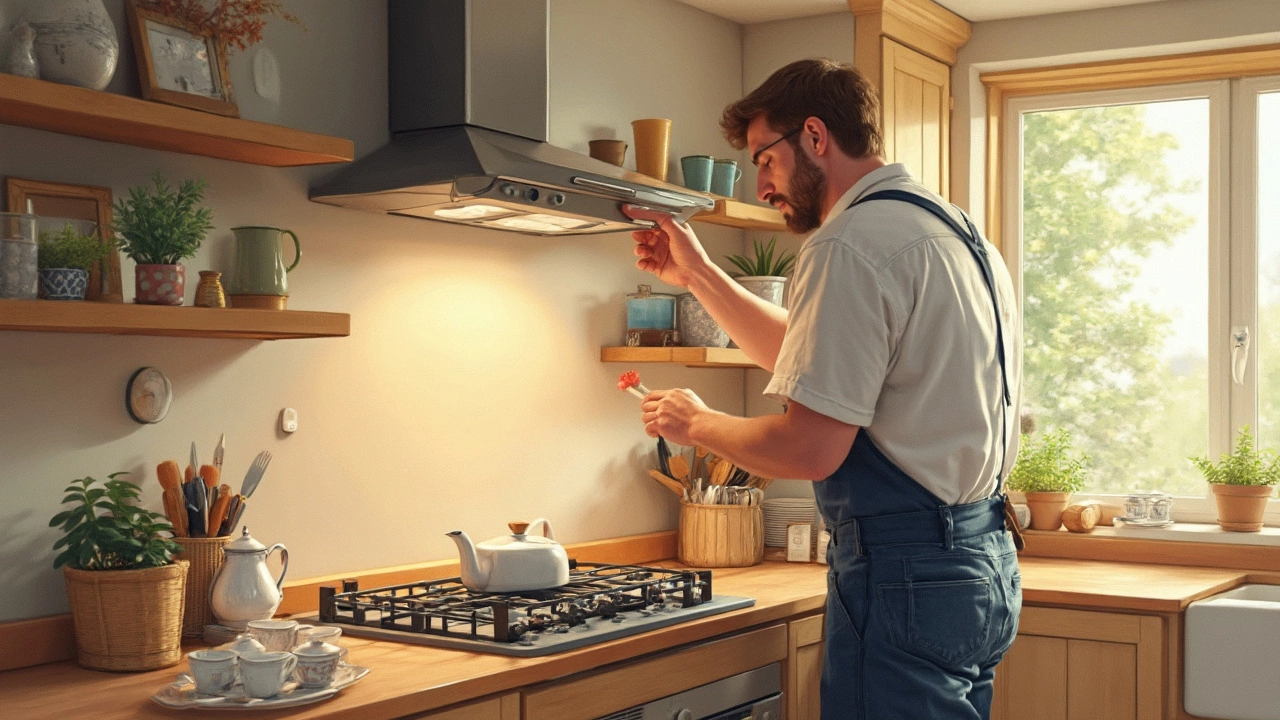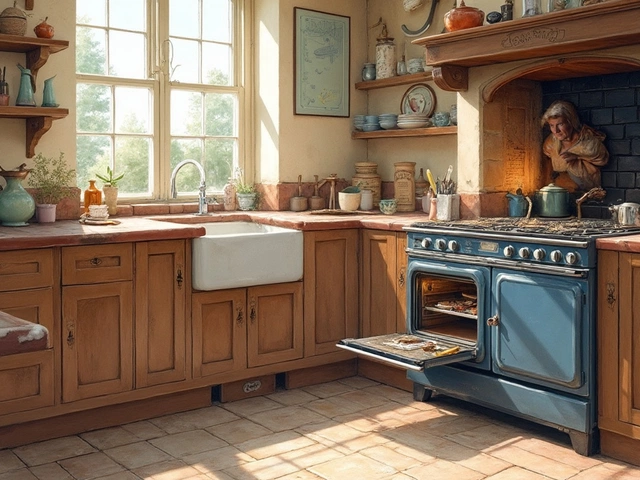Bad indoor air can make you feel tired, itchy, or even sick. The good news is you don’t need to spend a fortune to fix it. A few everyday habits and the right appliance care can dramatically improve the air you breathe at home.
Every room in your house traps dust, pet dander, cooking fumes, and mold spores. When those pollutants build up, they circulate through heating and cooling systems, spreading the problem. Poor air quality can trigger allergies, worsen asthma, and lower concentration. That's why keeping the air clean isn’t a luxury—it’s essential for health.
1. Use extractor fans correctly. Kitchen and bathroom extractor fans pull out steam, grease, and moisture. Make sure they run for at least 15 minutes after cooking or showering, and clean the filter monthly. A clogged fan works harder and pushes damp air back into the room, encouraging mold.
2. Service your heat pump. Heat pumps move air, but they also collect dust on coils and filters. Schedule a yearly check‑up, replace or clean filters, and clear any debris around the outdoor unit. A well‑maintained pump delivers fresh, filtered air and saves energy.
3. Keep vents and registers clear. Furniture, curtains, or rugs placed in front of vents block airflow. When air can’t move freely, pollutants linger. Rotate furniture occasionally and vacuum vents to let the system breathe.
4. Change furnace or boiler filters. A dirty filter is a prime source of indoor pollutants. Replace it every 3‑6 months, or sooner if you have pets. It’s a cheap step that makes a big difference in overall air quality.
5. Add plants wisely. Some indoor plants absorb toxins, but they also need proper watering. Over‑watering can create moldy soil, which defeats the purpose. Choose low‑maintenance varieties like spider plant or snake plant, and keep soil dry.
6. Reduce indoor smoking and strong chemicals. Smoke, aerosol sprays, and harsh cleaning products release particles that linger for hours. Open a window for a few minutes after using them, or switch to natural alternatives.
7. Use a humidifier or dehumidifier when needed. Too much humidity fuels mold, while very dry air irritates lungs. Aim for 40‑60% relative humidity. A small portable device can keep levels steady without major installation.
By taking these easy steps, you’ll notice cleaner air, fewer allergies, and a more comfortable home. If you’re unsure whether your extractor fan, heat pump, or boiler is working properly, give our local Bognor Regis experts a call. We can pinpoint problems, perform fast repairs, and set you up with a maintenance plan that keeps the air flowing smoothly all year round.
Remember, good air quality starts with the appliances you already have. Regular cleaning, timely filter changes, and a quick check‑up each year go a long way. Take action today, and breathe easier tomorrow.

Keeping your home well-ventilated is essential, and extractor fans play a crucial role in maintaining air quality. Whether you're installing a new fan or repairing an old one, it's important to know who to call. Professional electricians and specialized ventilation technicians are the go-to experts. They ensure fans are properly installed and functioning efficiently, saving you from potential hassles down the road.

If your electric oven suddenly stops working, don't panic. This article explores common issues with electric ovens and provides practical tips for troubleshooting and repair. From understanding how different components work to knowing when it's time to call a professional, you'll find the go-to advice you need to get your oven back in working order. Avoid the hassle of guesswork and get straightforward guidance on keeping your kitchen running smoothly. Practical insights on oven maintenance await you.

Extractor fans are a lifesaver when it comes to clearing out steam, smoke, and nasty odors, but many people forget they actually need a little love now and then. This article cracks open the question of whether extractor fans need maintenance, and if so, what kind and how often. We'll cover quick tips, warning signs, and busted myths around fan care. Get the straightforward facts (and a few surprises) about keeping your fan working its best. No nonsense, just super practical info you can use right now.

A reliable heat pump is essential for maintaining comfort in your home. Some signs indicate that your heat pump might need replacing, such as increased energy bills, inconsistent temperatures, strange noises, old age, and frequent repairs. Understanding these warning signs can help you decide if it's time to invest in a new system.

Refrigerators are a crucial part of our daily lives, and when they malfunction, it can be a real headache. One of the most common repairs involves fixing the refrigerator's cooling system. Often, issues arise from problems with the condenser coils, which can become dirty or worn out over time. By understanding these common problems, homeowners can better maintain their appliances, potentially saving time and money.

Wondering how often you should replace your extractor fan? This article covers extractor fan lifespan, signs it's time for a change, maintenance tips, and why fresh air matters.